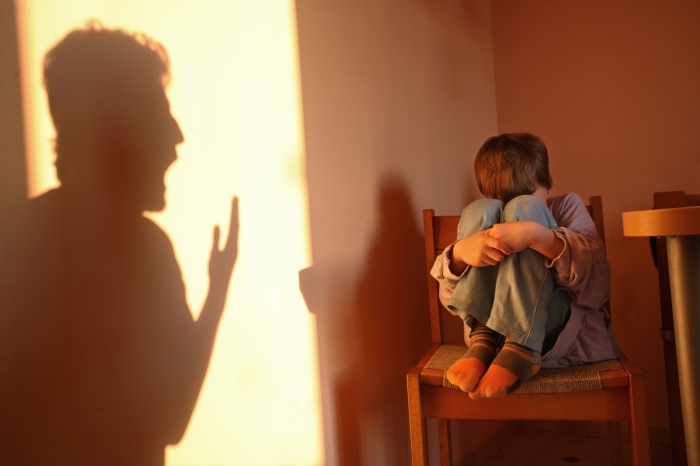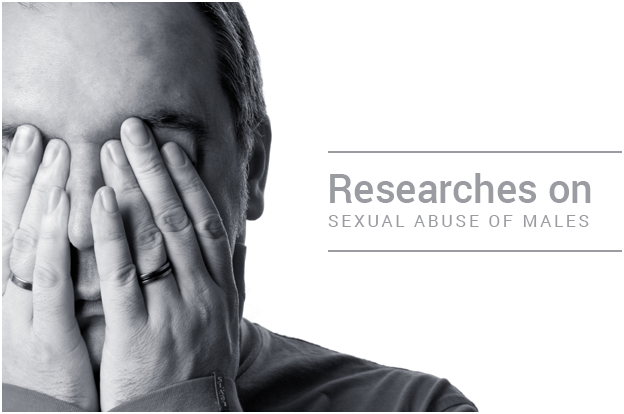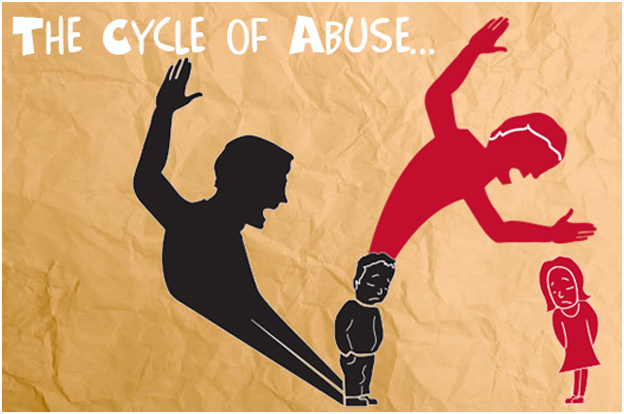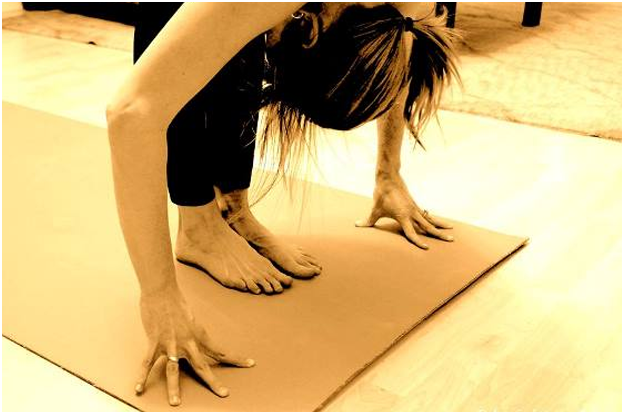
‘Child is the father of man,’ so says William Wordsworth in his poem, ‘The Rainbow.’ By saying so, the poet wanted to emphasise the fact that the behaviour or conduct of a grown up person is a result of the habits formed during childhood. Thus, childhood is the most crucial period in a person’s life when the habits or values inculcated therein more often than not define his or her personality in later life. If the child gets to enjoy a cocooned life with education and discipline being the lynchpins, he is likely to develop into a mature and righteous individual. On the other hand, if a child falls into bad company or is subjected to physical violence, the consequence of that can be severe – for the family, society and nation.
Studies have shown that Physical Childhood Violence can play havoc with the psychology of a person in the following ways:
- Turn him into an introvert with limited social integration
- Impact his cognitive abilities, render him incapable of pursuing education
- Turn him disrespectful to others and be dismissive of good advice
- Drive him to the world of crime
- Render him irrational and a prisoner of his angst
- Turn him to display unsocial or more sinister, anti social behaviour
- Make him abusive, especially to children
Physical abuse of a child can be of many types, and are often carried out behind closed doors. This makes catching the culprits that much more difficult. The perpetrators of Physical Childhood Violence can range from – one’s parents, caregivers, teachers, relatives, or neighbours – to employers where the child is forced to work due to poverty, and people who are meant to protect a child – the police.
Among the myriad forms of child abuse such as emotional, sexual, social, exploitation and pure neglect, physical abuse can be treated as the most debilitating. It can render a child incapacitated – physically or mentally, and incoherent, besides scarring him for life. Such incidences are more prevalent in places where children are forced to work for a pittance or as bonded labours. Furthermore, as children are unaware of their rights or are simply incapable of voicing their concerns, institutions that are meant to prevent their abuse, do not render any help.
Although we have a plethora of laws to prevent such abuse of children they are mostly followed in their breach. And given our overworked judicial system and law enforcement machinery, bringing the culprits of Physical Childhood Violence to book has become a herculean task.
Steps to prevent child physical abuse
- Ensure strict implementation of laws related to child abuse
- Equip child support groups with adequate resources
- Identify child abuse victims and provide them with institutional support
- · Make parents and teachers aware of the consequences of physical abuse


